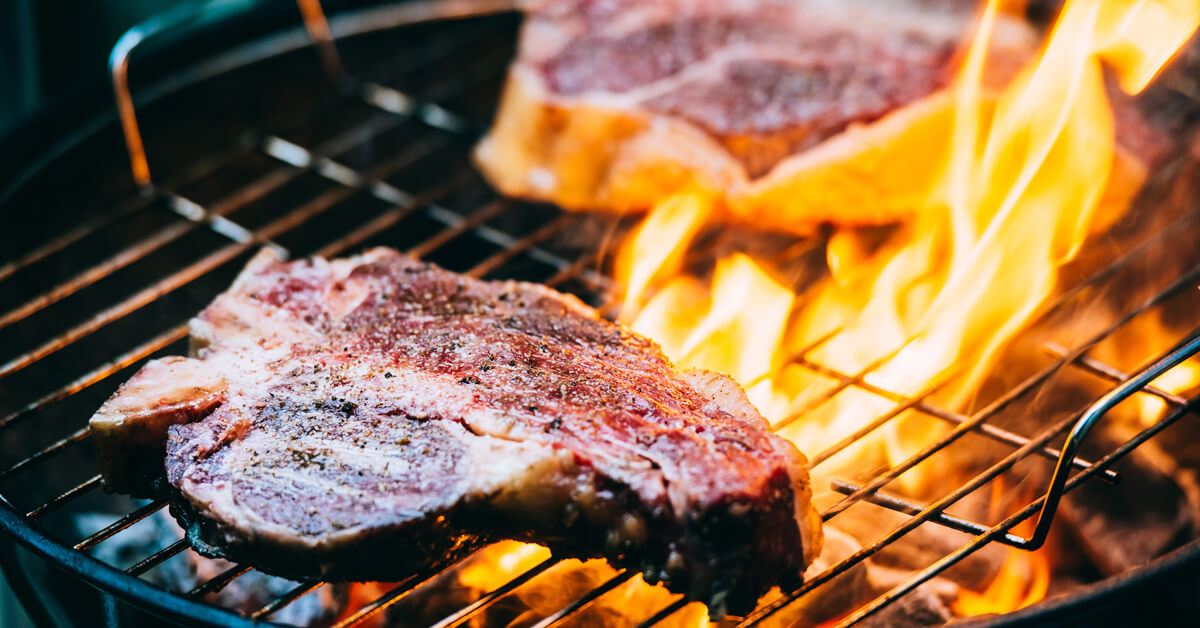Triple Nine Farms says NO to Commodity Trading and YES to Craft Beef
When I set out on my Doctoral journey at the University of Otago, I was motivated to bite down on the red meat industry to learn why farmers were getting paid so little and why customers were paying so much. I thought farmers were getting a raw deal, no pun intended. Something didn’t add up, the math was off. The difference between the price bookends was concerning. As I’ve delved deeper into my research, I’ve become even more passionate about showcasing small, independent, family-run farms, because I think this is where some of the best and most interesting beef originates from. Making it more affordable and more accessible to everyone is the goal of my research and it’s what 999 Farms will be all about. On the way, I want to support farmers who are doing it right day-in, and day-out. I would like to see them rewarded not just in financial terms, but through being acknowledged for their care of animals, their stewardship of the environment, for their hard work, and most of all, for producing the delicious, natural and healthy New Zealand beef we all know, love and enjoy.
What I didn’t understand at first, but I sure do now, is how much more there is to beef. Believe me, at every step along the way, we’re talking about art and science mixed with passion and soul. What we’re talking about isn’t industrial farming. From breed selection to pasture, from pasture to artisans, and from artisans to you. 999 and the farmers I’m involved with won’t be doing ‘commodity’. If you just want average meat, sadly, you’re spoiled for choice. Next time you’re standing at the meat counter checking out the styrofoam packages of steak, take a step back, reflect for a mimute, and think about what you’re about to do. What are you handing over your hard-earned cash for? Where has the beef come from? Who raised it? How was the animal cared for? Will it be delicious to eat? How do you know?
The whole process is rigged against the farmer and the consumer, which just isn’t right. The process of selling commodity beef can often look and feel like one big crap shoot, so best of luck. I can’t see how it can be any other way, as the only information available to the consumer to help them make a purchase decision is the name of the cut and if you’re lucky perhaps an attempt at differentiation on the label promoting something about ‘origin’ or ‘grass-fed’ or ‘pure’ and a price per kilogram. And sadly, like many things in life, labels get abused and over-used, which eventually waters down their message, diminishing both their meaning and their value. Next time you’re at the shops, ask the person behind the meat counter to tell you what breed, what farm, and who the farmer responsible for the steak you’re about to buy was. Good luck with that.
There will soon be a new option. What 999 now calls Craft Beef offers a whole new way of looking and thinking about beef. We want to change how you buy it, where you buy it and who you buy it from. In my dream, there isn’t a commodity platform in sight, just delicious Craft Beef and really satisfied beef lovers happy that they have got what they paid up for. Stay tuned, we’re slowly getting our act together.By Jim Wilkes
